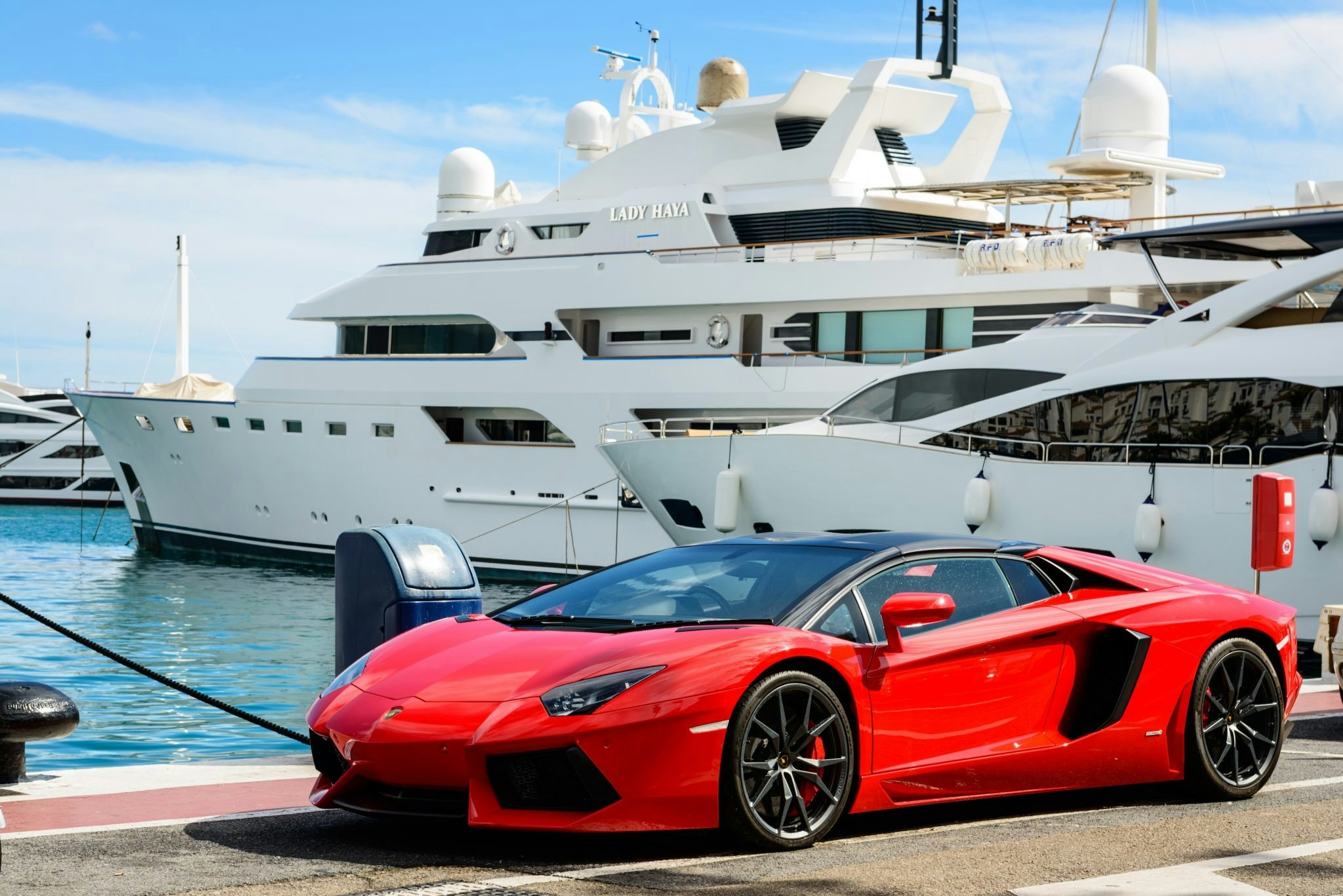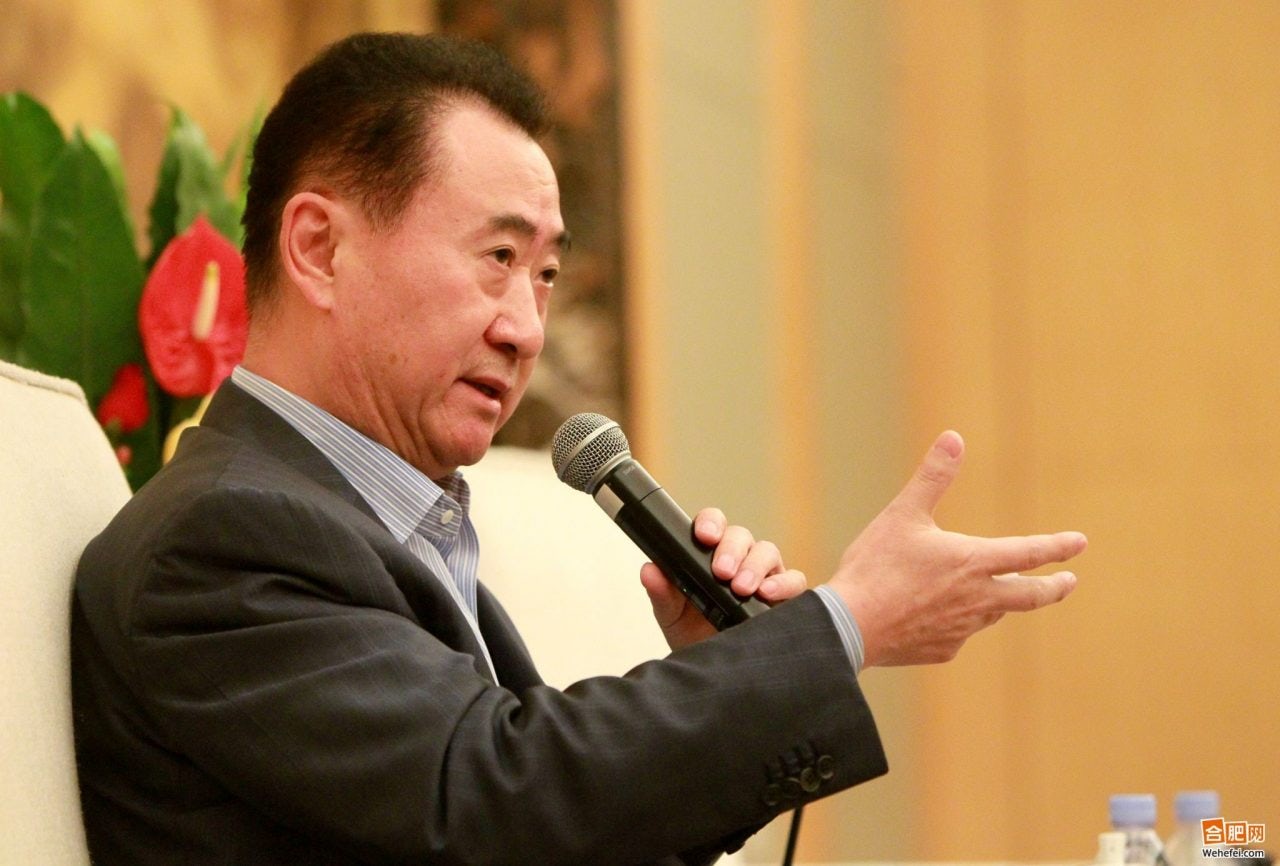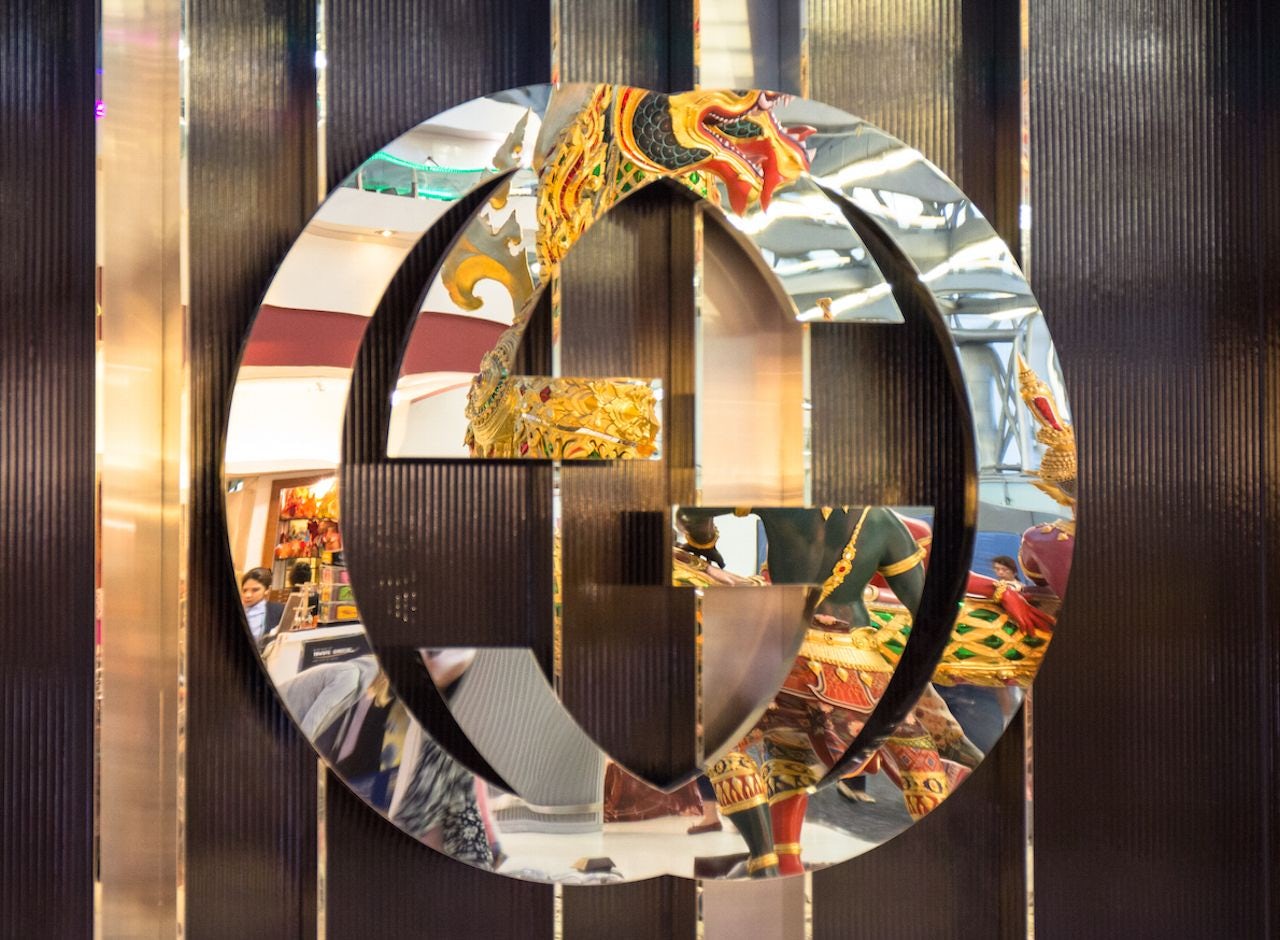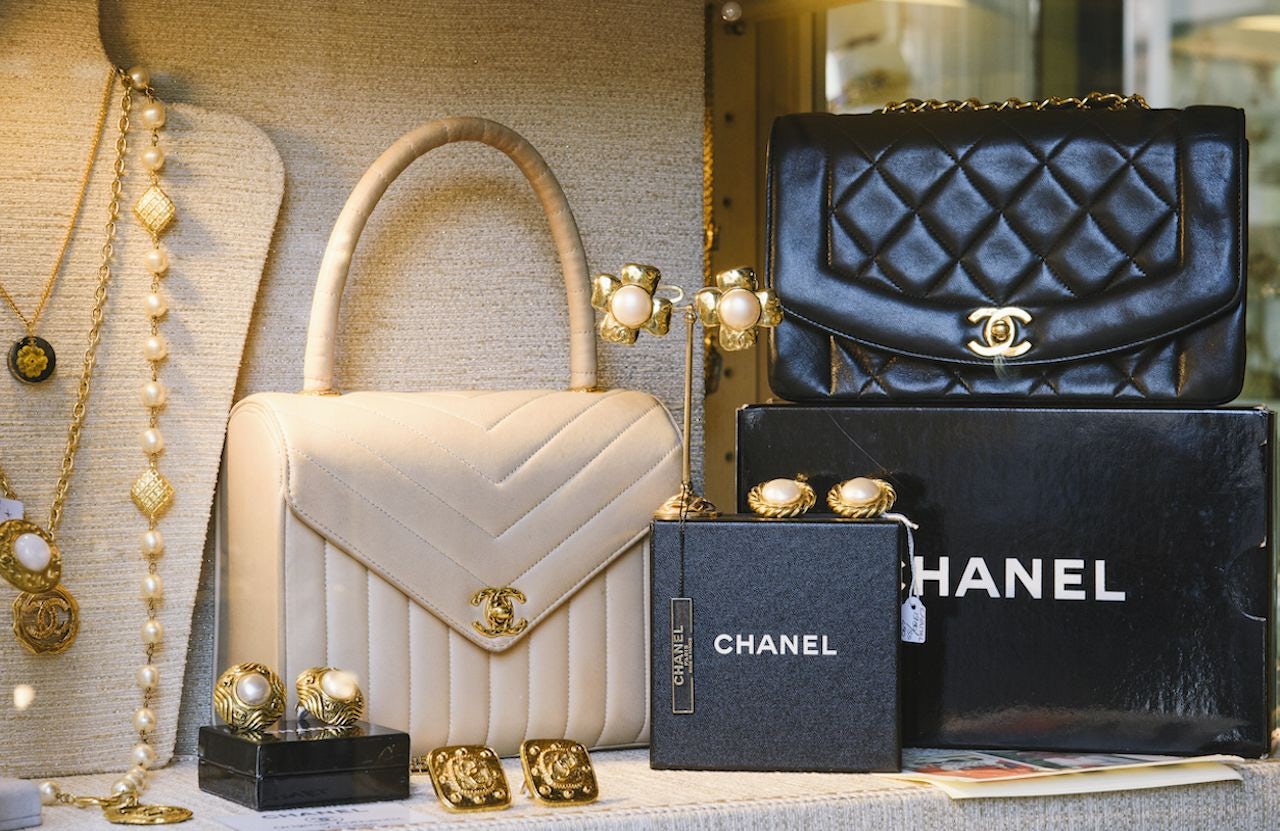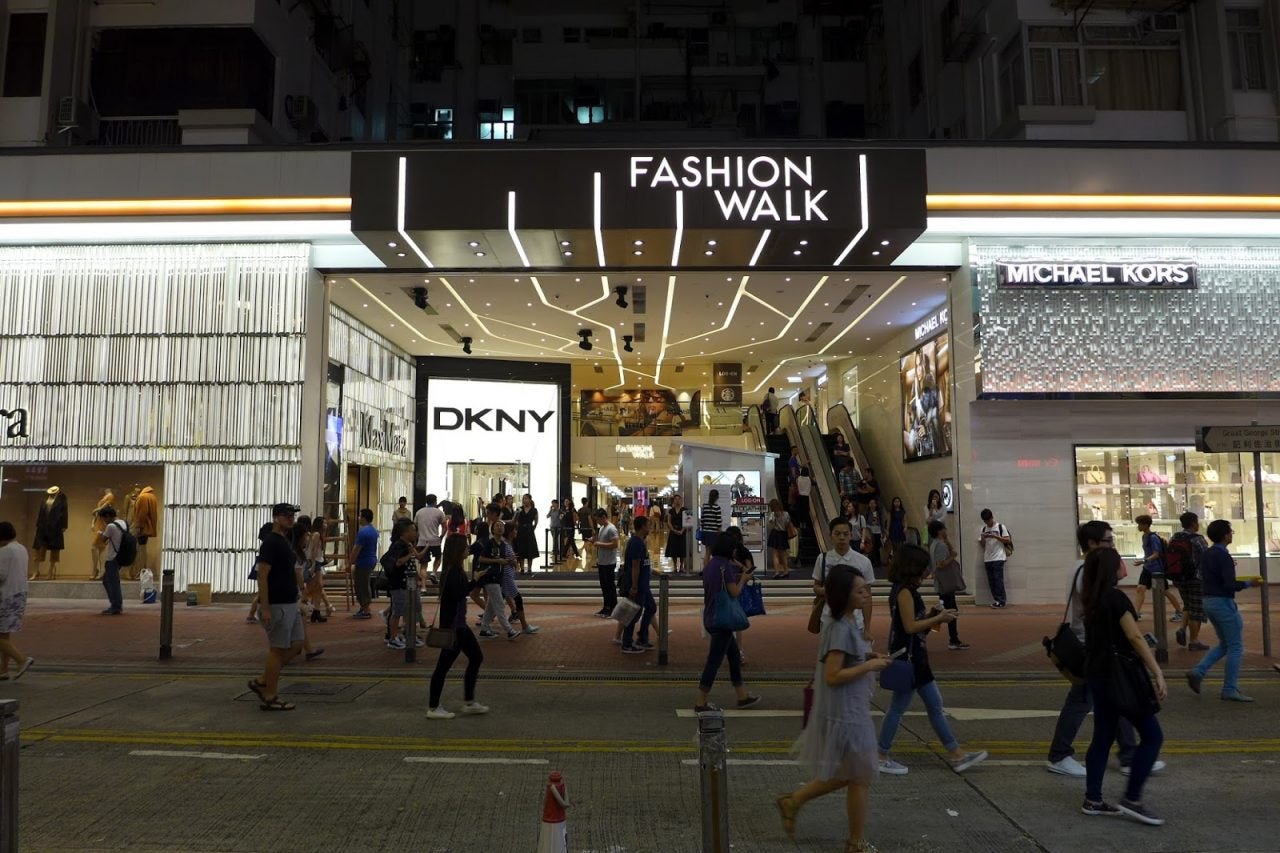For China’s ultra-rich, luxury concierge clubs offer access to experiences money alone can’t buy. From renting an entire island in Dubai for a secret getaway, to offering members the opportunity to meet the Pope, luxury lifestyle clubs are becoming increasingly popular with China's wealthy adventure seekers.
Last year saw luxury concierge service Quintessentially close the Sydney Harbor Bridge to allow one member to propose to his fiancé. Recently, a Chinese member spent ten days in Lapland with a professional driver for a Lamborghini trip on ice. The private club is on-hand 24 hours a day, 365 days a year, to assist its members with any- and all- lifestyle requests. According to the company’s website, “all you have to do is ask.”
Quintessentially was founded in London in 2000 and entered China’s market in 2008. The club began by accepting only 50 members per city, but now serves over 250,000 members worldwide. According to a joint report by PwC and Swiss investment bank UBS, China now has more billionaires than the United States. In October 2017, the study claimed the number of Chinese billionaires had increased by 25 percent on the previous year, to 637. By comparison, there are 537 and 342 billionaires in the United States and Europe, respectively.
This rise of China's super-affluent consumer has also seen a rise in the maturity of their spending habits. Back in 2016, Vincent Lai, the Managing Director of Quintessentially for Greater China, believed the Chinese clientele to be less mature than their Western counterparts. Quoted at the time by South China Morning Post, “Chinese clients are impatient and their whims are random and vague.” But, as China’s ultra-rich gain a more established sense of their own wealth, Chinese tastes and luxury requests are evolving.
Quintessentially CEO Annastasia Seebohm spoke to Jing Daily at the recent Women in Luxury conference in New York. “I think the biggest way that requests from our Chinese members have changed over the past ten years or so is that they’ve become meaningful. Its now about a meaningful experience, a meaningful conversation – it’s educational. So even if it’s about culinary, what’s the educational experience around it? If it’s about luxury products and goods, what’s the educational experience around the craftsmanship?”
The cost of membership at Quintessentially ranges up to 50,000 per person, per year. Their average Elite member- who can enjoy concierge services worldwide out of the company’s 60 global offices- is worth an average of 50 million dollars. “One of our big advantages is our geographical scope. Being in the industry for so many years has also allowed us to develop these really strong relationships with international brands so our clients are well looked after,” explains Seebohm.
Luxury concierge clubs thrive on their relationships with global luxury brands. At Quintessentially, Louis Vuitton consistently comes out on top as the brand of choice for Chinese members. The club has arranged exclusive Louis Vuitton experiences for a number of its Chinese clients. According to Seebohm, “We cultivate partnerships with brands we know are interesting to our members. There’s a benefit to them, they know that we’re looking after interesting types of people, and we know that they will look after our most valuable clients as well.”
Despite Chinese desire for luxury brands staying strong, Seebohm says they’ve seen some of their biggest growth amongst Chinese members in the categories of Education and Health & Wellness. Compared with five years ago, Education requests from Chinese members have soared by 44.7 percent. “We also have property specialists, and that’s a very popular service with our Chinese members. They often come hand-in-hand. Clients will say, “I want to educate my children overseas, I also want to purchase a property, I also want to keep a good balance of wellness and health.”
These specific requests lead to some of Quintessentially’s highest engagement rates by Chinese members, who are looking to luxury concierge clubs to help them with significant life choices. “I think that's because it’s just such a high level of service when you’re helping people with these big life moments. With education for example, you’re really delving into some quite personal decisions” said Seebohm.
John Paul, another key player in China’s growing luxury concierge industry, last year helped one Shanghai client to rent an island in Dubai for a week-long getaway with friends. “The Chinese market is growing fast and the clients are more and more receptive to premium concierge and unique services,” Fong Sit, Managing Director for China explained to Jing Daily. “As China’s high-net-worth individuals travel and learn more about other cultures, t hey are now looking for the same high level of services within China.”
The net worth of John Paul’s members ranges from 30 million to 260 million dollars. In 2009, the company was the first in the industry to launch a mobile app, which has proved a hit with its tech-savvy, mobile-first Chinese members. “Chinese clients expect all replies to requests to happen within 24-48 hours, I think that’s the biggest difference compare to our European customers.” John Paul's patented technology allows its network of partners to be available 24/7 online, on the phone, via email, and notably, through WeChat.
As an early adopter of technology in the concierge business, John Paul has quickly expanded across the Chinese market. Last year, they organized a luxury wedding in the South Pole for one of their Chinese members. The company has noticed a significant change in the attitudes of its Chinese members over the past five years, and is now receiving more and more requests for travel both in and outside of China.
“Chinese customers are becoming more rational in terms of luxury purchasing” explains Sit, “They now want experiences over luxury goods, and are curious and willing to learn from other countries and cultures. For example, a Chinese customer traveling overseas two or three years ago may have asked us to make reservations for every lunch and dinner at exclusively Chinese and Asian restaurants. Today, this same customer will ask us to book a wide selection of Michelin star restaurants, with maybe just one Chinese dinner during their entire trip.”
Last week John Paul announced its partnership with Taikang Insurance Group in Beijing. The company operates through three main businesses: insurance, asset management and health and elderly care, with over 1080 billion RMB of assets under management. John Paul will now be handing the group's loyalty program and concierge services.
"The partnership with Taikang is a very important milestone for John Paul in the Chinese market," explains Sit, "It means that a 100 percent Chinese, top 500 company recognizes our quality of service." John Paul also alluded to future partnerships with large Chinese companies, suggesting some "very good news" to be announced in the coming weeks. "Our services in China are growing faster than anywhere else - we're expecting big things."
